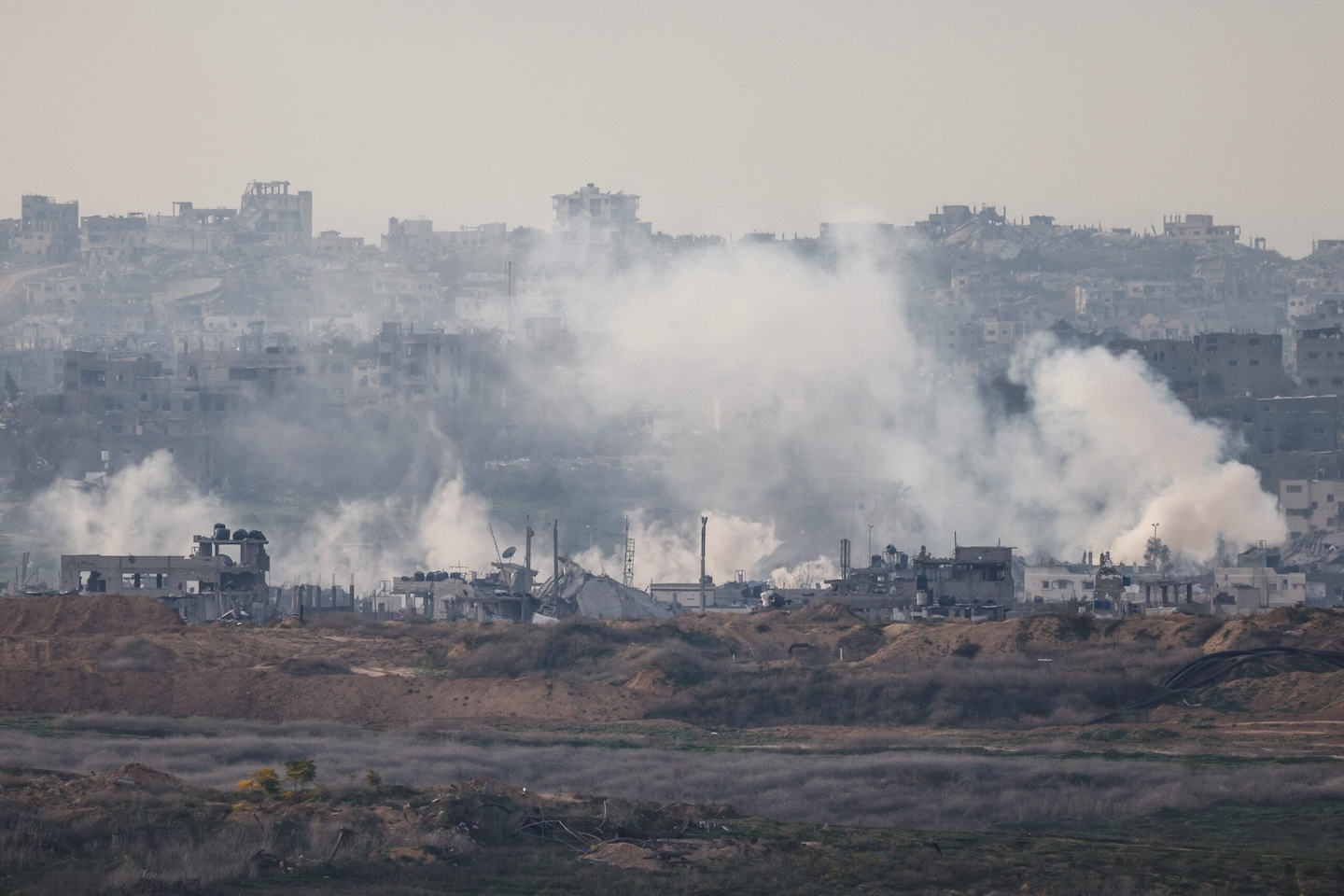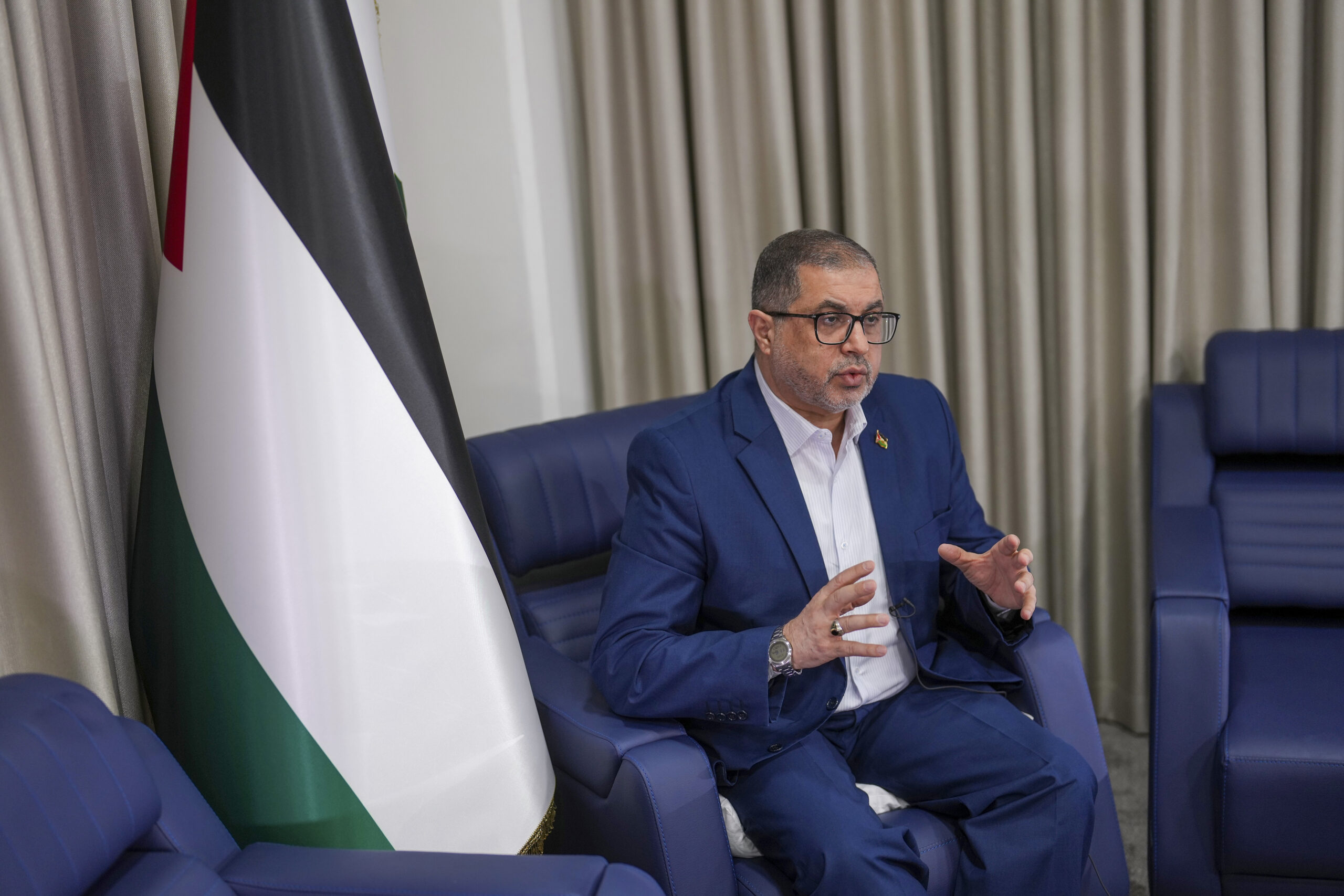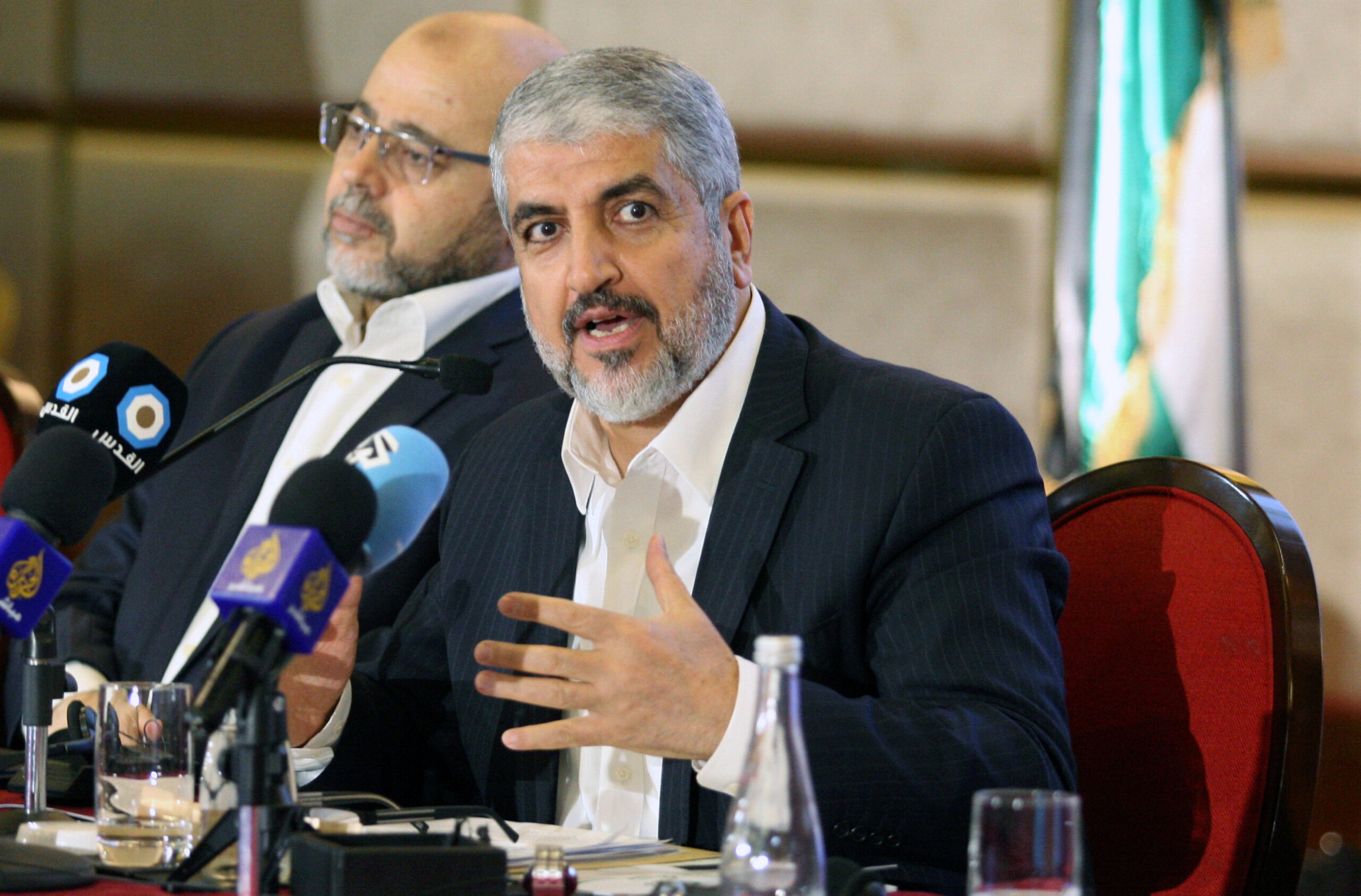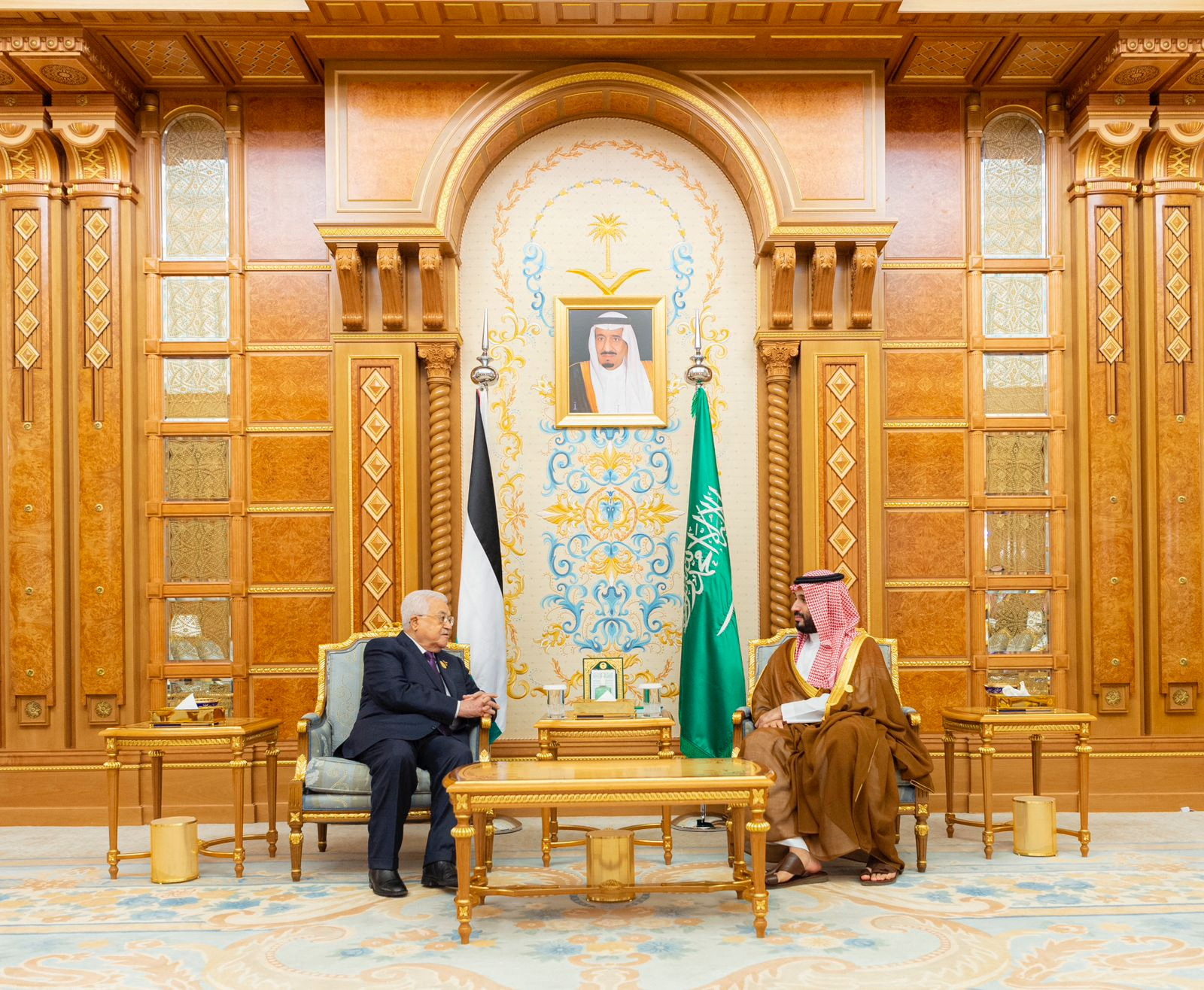Qatar’s Adroit Post-October 7 Diplomacy
Qatar appears to have turned a serious potential liability, its long-standing support for Hamas, into diplomatic advantage.

Qatar’s post-October 7 diplomacy has proved remarkably adroit, and the emerging cease-fire between Israel and Hamas will solidify Doha’s successful transformation of a serious potential liability into a major diplomatic accomplishment. Indeed, Qatar’s central role in negotiations along with Egypt and the United States and deft management of criticism of its relations with Hamas appear to have greatly strengthened its diplomatic position as its regional profile may be rising in tandem with its close allies in Turkey’s Islamist government.
In the immediate aftermath of the October 7, 2023 attacks, Qatar was highly vulnerable to criticism regarding its long-standing patronage of Hamas, particularly as Qatari statements evinced no criticism of Hamas and placed blame for the bloodshed on Israel and its occupation. This long-running relationship and, in particular, Qatar’s policy of harboring most of the Hamas Politburo – which continued after the October 7 attacks – opened Qatar to serious criticism in the West and even parts of the Arab world and the Gulf.
Doha, however, reacted to this criticism in a clever and canny way. First, it was quick to remind Western and Arab governments that its support of Hamas and bankrolling of the public payroll in Gaza was done with the approval and encouragement of even Hamas’ most ardent opponents, including Egypt, the Palestinian Authority, Israel, and the United States. Someone had to keep food on the table, after all. And if Qatar was willing to do that, all the better.
Moreover, the Qataris at several stages, carefully crafted to coincide with sensitive moments in hostage negotiations, offered to show the Hamas leadership the door. They were urged not to do this by the administration of President Joseph R. Biden Jr., since that would have foreclosed one of the more direct routes to Hamas – the other being a constant but much less friendly dialogue with Egypt along an antagonistic border between Gaza and Sinai. The Times of Israel reported in March 2024 that in October 2023 Qatar offered to expel Hamas leaders, but Secretary of State Antony Blinken told the Qatari emir “he thought it would be better for Qatar to use its contacts with Hamas – through the office it allowed the terror group to establish in Doha in 2012 at Washington’s behest – to mediate between the Gaza war parties to secure a hostage deal.”
So the Qataris were able to tread water for more than a year, maintaining their policies despite the radioactivity created by the October 7 massacre. Ultimately, reports indicate that around November 8, 2024 the Biden administration urged Doha to remove the Hamas leaders, most of whom had already decamped for Turkey, Algeria, and other more welcoming locations.
This was a remarkable moment in Qatari foreign policy, registering the first time the country had changed its policies toward Islamist groups due to outside pressure despite decades of efforts along those lines from Arab neighbors, notably the self-described “anti-terror quartet” – Egypt, Bahrain, the United Arab Emirates, and Saudi Arabia – that boycotted Qatar from 2017-21. The Qatari climbdown on Hamas, though, was an inevitability after October 7, 2023. Continuing to host the group’s leadership after the massacre in southern Israel was never going to succeed as an ongoing policy for a country that centers its national security around a partnership with Washington.
However, by playing a crucial role in the ongoing cease-fire talks, largely hosting and brokering the negotiations over the Egyptian-crafted draft based on Biden’s three-stage proposal issued in May 2024, Qatar was once again able to demonstrate the extreme usefulness of its diplomatic role to the region and the United States. Moreover, Qatar is not merely in the position of being a broker. Given the victory of Turkish-backed rebels and fall of the 50-year Assad family dictatorship in Syria, Qatar is now a crucial, albeit secondary, player in an emerging Sunni Islamist Middle East axis that is in a position to eclipse Iran’s largely Shia “axis of resistance,” which has been decimated by a year of Israeli attacks and devastated by the downfall of Syrian President Bashar al-Assad.
Turkey and, in a much quieter way, Qatar are the crucial backers of the new regime that is emerging in Syria. If they can solidify the rule of these clients in Damascus, and help them create a new order that is sufficiently inclusive and tolerant to prevent further national fragmentation and begin reintegration and reconstruction, they might emerge as key power players throughout the Levant.
Moreover, the Hayat Tahrir al-Sham/Syrian National Army rebel groups’ victory in Syria likely shifts the power balance within Hamas decisively back to the political leaders, now largely in Turkey, and away from the gunmen dominating the Qassam Brigades in Gaza aligned with Iran. Most of those leaders are now dead, and the emerging ones are largely untested and relatively junior. The major regional card Hamas can play is no longer the deep ties the Qassam Brigades and militant leadership in Gaza maintained with Iran and the Islamic Revolutionary Guard Corps Quds Force. Instead it is the political relationship maintained by the Politburo with Turkey and Qatar.
Neither Ankara nor Doha have any interest in the “permanent warfare” with Israel that was the stated intention of the October 7 attacks, although Iran and Hezbollah did (as long as they could avoid being dragged into the fray, which they failed to do as a result of miscalculations on their own part). Turkey and Qatar, on the other hand, would be very interested in helping Hamas try to rebuild its control over Gaza and return to a modified version of the pre-October 7 status quo.
The terms of the emerging cease-fire agreement, if implemented, would seem to allow for that. Israel would be effectively ceding control back to Hamas. It would withdraw from most of Gaza, maintaining a strong northern buffer zone and, perhaps, a much more attenuated presence in the Philadelphi corridor on the Egyptian border. And Israel would make no other preparations for an alternative Palestinian civil administration in Gaza.
If that withdrawal happens, the order of the day will no longer be an open-ended insurgency against Israel (an insurgency that now lacks the necessary regional support infrastructure that Hamas had previously counted on from the “axis of resistance” and Iran, which are in no position to provide such backing). Instead, Hamas’ goal will have to shift to a governance and reconstruction agenda largely overseen by the Politburo now based in Turkey and financed by Qatar, Turkey, and others.
If all that happens, Qatar will have turned a potential major diplomatic and political vulnerability – its strong relationship with the Hamas Politburo – into a major opportunity to accrue influence not merely in Gaza but also in Syria, and thereby possibly into Lebanon and Iraq – especially via its strong relationship with Turkey. Either way, by no longer hosting the Hamas leadership and instead serving as the staging ground for the negotiations that appear to be leading to an end to the war in Gaza, Qatar has once again shown a remarkable ability to deftly transform diplomatic and political threats into opportunities.
The views represented herein are the author's or speaker's own and do not necessarily reflect the views of AGSI, its staff, or its board of directors.



























